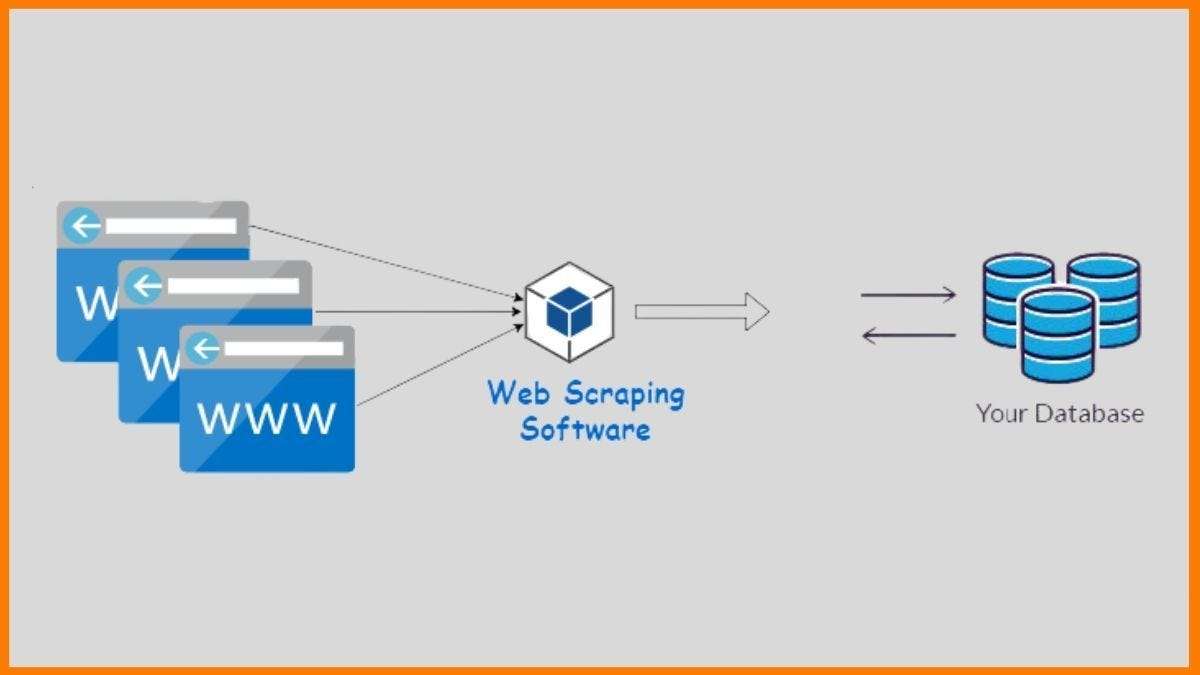In the world of digital marketing and lead generation, email scraping has gained significant attention. It’s a practice that involves extracting email addresses from various sources, such as websites, social media platforms, and online directories. While email scraping may seem like a convenient way to build a contact list, many individuals and businesses wonder about its legality. In this complete guide, we’ll delve into the legality of email scraping and provide you with valuable insights.
Understanding Email Scraping
Email scraping refers to the automated process of extracting email addresses from online sources. It involves the use of software or bots that crawl through web pages, scanning for email addresses. These addresses are then collected and stored for various purposes, such as email marketing campaigns, lead generation, or data analysis.
Legal Considerations
When it comes to the legality of email scraping, the answer isn’t straightforward. Different countries have varying laws and regulations regarding data protection, privacy, and online activities. To determine the legality of email scraping, several factors need to be taken into account:
- Terms of Service: Websites and online platforms often have their own terms of service that explicitly state whether or not scraping is allowed. It’s essential to review these terms before engaging in any scraping activities. Violating the terms of service can lead to legal consequences.
- Consent: Obtaining the consent of individuals whose email addresses you plan to scrape is crucial. In many jurisdictions, email scraping without consent is considered a violation of privacy laws. However, the rules regarding consent vary from country to country, so it’s important to familiarize yourself with the laws of your specific jurisdiction.
- Personal Data Protection Laws: Many countries have enacted legislation to protect the personal data of their citizens. These laws typically require individuals or businesses to obtain explicit consent before collecting and using personal information, including email addresses. Familiarize yourself with the data protection laws applicable in your region to ensure compliance.
- Publicly Available Information: Email scraping from publicly available sources, such as business directories or professional networking sites, may be seen as more permissible than scraping from private or protected sources. However, it’s important to exercise caution and check for any terms of service or restrictions imposed by the platform.
Legal Consequences
Engaging in illegal email scraping activities can lead to severe consequences, including legal actions, penalties, and damage to your reputation. It’s crucial to respect privacy laws and adhere to the terms and conditions set by websites and platforms.
Alternatives to Email Scraping
If you’re uncertain about the legality of email scraping or want to avoid any potential risks, there are alternative methods for building your contact list:
- Opt-In Forms: Implement opt-in forms on your website or landing pages to allow visitors to voluntarily provide their email addresses. This ensures compliance with consent requirements and establishes a direct channel for communication.
- Lead Generation Services: Utilize lead generation services or platforms that provide opt-in leads and contacts. These services collect contact information from individuals who have voluntarily expressed interest in specific products or services, ensuring compliance with data protection laws.
- Networking and Events: Attend industry-related conferences, seminars, or events to connect with potential customers or clients in person. This allows you to build relationships and acquire email addresses through direct interactions.
Conclusion
Choose a blogging platform Digiesales. There are many different blogging platforms available, such as WordPress, Blogger, and Tumblr. Each platform has its own strengths and weaknesses, so you will need to choose one that is right for you.
The legality of email scraping depends on various factors, including the jurisdiction, terms of service, consent, and applicable data protection laws. It’s crucial to familiarize yourself with the laws in your region and respect the privacy rights of individuals. Engaging in legal email scraping practices or exploring alternative methods will help you build a contact list while maintaining compliance with applicable laws and regulations. Remember, it’s always

As the editor of the blog, She curate insightful content that sparks curiosity and fosters learning. With a passion for storytelling and a keen eye for detail, she strive to bring diverse perspectives and engaging narratives to readers, ensuring every piece informs, inspires, and enriches.










